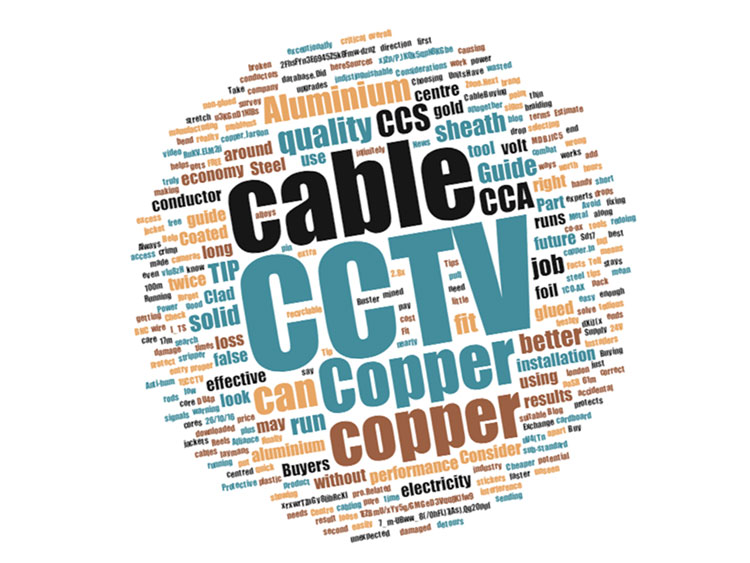CCTV Jargon Buster
CCTV Jargon Buster
- those technical bits explained.
Source: Various Internal Sources.

Keeping up with the latest technology can be hard but don't worry our handy CCTV Jargon Buster is here to help.
- 4K 3840 x 2160 pixels - 4K Ultra HD technology marks a shift in tech jargon where 4K refers to approximately 4,000 pixels for horizontal resolution. Previously the vertical figures were used such as 1080p so in old money 4K would be called 2160p!
- AC AC or Alternating Current Used to indicate that voltage or current in a circuit that is alternating in polarity at a set frequency, often 50 or 60 Hz.
- AGC AGC or Automatic Gain Control is a handy feature that automatically adjusts the video amplitude under various lighting conditions. If the Gain is manually set too high, it can produce a noisy image in low light conditions.
- AI Used to describe lenses, AI or Auto Iris is a moving part of the lens that allows it to automatically open or close to vary the amount of light reaching the CCD so it can handle varying lighting conditions better without any manual adjustment. Great feature for external cameras operating in day to night conditions.
- AMPLIFIER Typically used to boost a video signal an amplifier Ais used to increase the amplitude of a signal.
- AWB The Automatic White Balance setting controls the automatic adjustment of the light source's colour temperature, which will adjust the picture's colour to maintain the 'best' image by keeping white objects white and so on.
- BAUD RATE The rate at which data is transferred in a communication channel. Eg: 9600 BAUD RATE is the rate at which data is transferred in a communication channel. Eg: 9600 Baud means a transfer speed of 9600 bits per second. Typically the baud settings of two devices must match in order to comunicate. Used as a setting between PTZ devices such as cameras and keypads to allow them to transmit to each other effectively. The lower the rate that can be selected the further the transmission distance without errors.
- BLC BLC stands for Back Light Compensation and allows the camera to adjust the exposure of the entire image to properly expose the subject in the foreground when a bright light source is situated behind it.
- CAT5 Category 5 cable, usually described as CAT5 is a twisted pair cable that is capable of transmitting data at high speeds (100 megabits per second and faster). CAT5 cable is commonly used for voice and data applications. Usually comes with RJ45 connectors.
- CAT6 Category 6 cable or CAT6 for short is a twisted pair cable for carrying signals. Performs up to 100MHz.
- CCA A term that is often used when refering to cables CCA or Copper Coated Aluminium ie: not solid copper.
- CCD A Charge Coupled Device or CCD is the main component of a CCTV camera, this converts light energy into an electrical charge which is then converted to an electrical image.
- CCS A term that is often used when refering to cables CCS or Copper Coated Steel ie: not solid copper.
- CRT Cathode Ray Tube or CRT was the vacuum tube containing one or more electron guns & a phosphorescent screen that was used to display images on the original big box screens.
Source: Various Internal Sources.
Article Posted: 18/09/2019 10:47:35
